Mobility is freedom, but just as the slaveholders who founded this country never believed in liberty for all, today too one need only look at a map of Richmond’s bus system to see the limits of many folks’ freedom. Routes that end at the county line and buses that only run once an hour are two of the most visible boundaries that fence in Richmonders’ freedom. The most ubiquitous and all-too-often unquestioned limitation on our freedom, however, is the farebox. If we want to liberate ourselves from car-dependency, save the planet, and right the wrongs of the past, the bus should be free.
Public good, private payment
The bus doesn’t care if you can’t afford a car, if your disability disallows driving, or if you’ve just had one too many drinks. As long as you’re waiting at a stop, the bus will pick you up and carry you home—no questions asked. The bus epitomizes a public good: it’s available to all, and society is better off the more people use it. The problem is that we treat the bus like a private company (and in Richmond it actually is). Unlike other public services such as libraries and schools, we expect the bus to pay for itself, largely on the backs of the working poor who take it.
Most Richmonders don’t ride the bus regularly. Many residents of the surrounding suburbs never have. But whether you even know what GRTC stands for or not, you and your lifestyle are transit-reliant. The nurses in your hospital, the clerks at your local supermarket, and the custodians at your office or university represent just a fraction of the folks that rely upon the bus every day to get to work, to pick up their kids from school, and to shop or to seek out healthcare. Without access to fast, frequent, and reliable public transit, much of our economy and our society would come to a screeching halt.
The crucial role high-quality transit plays in our daily lives is easily overlooked by those who don’t regularly ride the bus. When you’re passing a Pulse on Broad Street or waiting behind a bus stopped to let folks on and off, public transit feels like little more than another vehicle in your way—an inconvenience to your personal commute. From the outside, you can only vaguely make out the bodies of those on board. You know nothing of their lives and their stories. Take a trip with the Greater Richmond Transit Company (GRTC) and you begin to see, understand, and empathize with your fellow passengers.
A dollar and fifty cents to ride may not seem like a lot, but for Tarrance Bryant—a new GRTC rider—that amount is the difference between a reliable route to work and walking. It can take up to three weeks to get your first paycheck at a new job, and many people just starting their careers or rejoining the workforce don’t have money on hand to finance their commute in the meantime. That’s why Tarrence supports zero-fare transit: “I like that it’s free because at this time I just started working, and if it wasn’t for it being free I wouldn’t really have a ride to work. I would probably have to walk.”
No respect for riders
Politicians can always find funding to address the needs of the wealthy and well-connected. Issues important to those who take transit are often just as ignored as those who tend to ride the bus most: the working poor, the disabled, the elderly, teenagers, and people of color.
Twenty-seven percent of bus riders in Richmond have a combined household income of less than $10,000 per year. Over half earn less than the federal poverty rate for Virginia of $26,500 for a family of four, and a full 89 percent of GRTC’s riders have household incomes below the state median. If bus riders’ lacking affluence weren’t already enough of a reason for the powers that be to ignore their plight, nearly three quarters of those who take transit are people of color.
In America, we all agree that talk is cheap. For all the verbal praise heaped upon our “essential workers” throughout the course of the pandemic, we didn’t do enough to keep folks on the frontline safe. Instead of introducing substantive policy changes in response to the racial reckoning that was the murder of George Floyd, our society settled on BLM book clubs and empty promises of equity.
The complexities of race, class, and poverty in the United States—much less in the former capital of the Confederacy—seldom allow for simple solutions. If our goal is to expand the freedom of our friends, family, coworkers, and neighbors, then eliminating bus fares is one of the most straightforward and equitable actions we can take.
Fund our future
The cost of a year’s worth of access to GRTC adds up to $720. Scraping together the $60 needed for a monthly pass often proves so impossible for many poor riders that they end up spending roughly $1,000 a year on fares, paying $1.50 each time they ride. If the bus were free like many other public services we all rely upon, Central Virginia’s poorest would get to keep that cash to pay for other essential expenses like housing, food, and healthcare. Going fare free functions as a backdoor boost to wages by allowing those who take transit to work to keep more of their money.
Eliminating fares may sound like an expensive endeavor, but in actuality the cost is minor. In fiscal year 2019, GRTC collected $4.5 million in revenue from local routes in the City of Richmond, the same routes which are primarily frequented by low-income people of color. That means for roughly five million dollars a year, we could all ride the bus for free whenever we want, as much as we want. Going fare free would also allow GRTC to end fare enforcement, protecting passengers from over-policing and empowering bus operators to avoid conflict with riders who can’t afford their fare.
Five million dollars is a lot of money. However, compared to the $33 million the City of Richmond plans to spend on road repaving this year, the $170 million raised annually by the Central Virginia Transportation Authority, or the seven billion dollar budget the commonwealth gives VDOT each year, five million dollars is practically a rounding error. Any or all of these sources could easily eliminate bus fares in Greater Richmond, but we must demand it of our local leaders and state representatives.
The New York Times estimates that 100 cities around the world offer free public transit, with many of them in Europe. But recently, cities in the United States, Kansas City, Mo and Olympia, Washington have begun to implement fare-free transit as well. Why can’t Richmond be the next city to embrace free public transit? It’s easy to tout an equity agenda or hire a diversity and inclusion officer, it’s much more meaningful to put your money where your mouth is. If we want to honor essential workers and invest in eliminating racial inequities, then we must prioritize the needs of our neediest neighbors and make the bus free permanently.
This essay is part of the Richmond Racial Equity Essays series exploring what racial equity looks like in Virginia’s capital, but we think the ideas here have implications for cities all over the country. It is reprinted here with permission. Check out the full project, the accompanying videos and the podcast.

Wyatt Gordon is a born-and-raised Richmonder with a master’s in urban planning from the University of Hawai‘i at Mānoa and a bachelor’s in international political economy from the American University in Washington, D.C. He currently covers transportation, housing, and land use for the Virginia Mercury. He also works as a policy and campaigns manager for land use and transportation at the Virginia Conservation Network. Wyatt is a proud Northsider you can find walking, biking, and taking the bus all over town.

Faith Walker grew up in Richmond’s East End and still calls the area home. She currently serves as the Director of Community Engagement for RVA Rapid Transit—Virginia’s only public transportation non-profit, which represents transit riders. Faith has a long track record for using creative solutions to address systemic issues, community engagement and commitment to cultivating long-lasting partnerships.

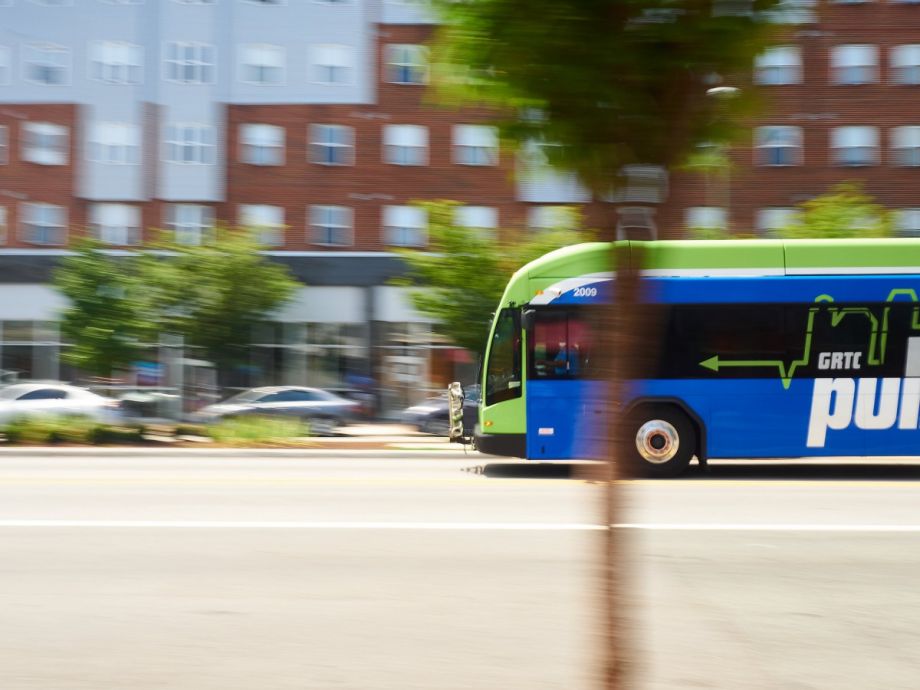
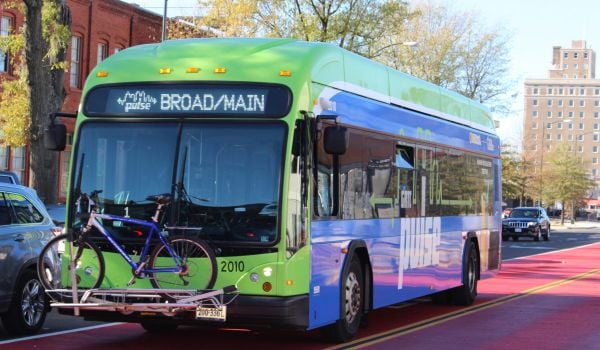
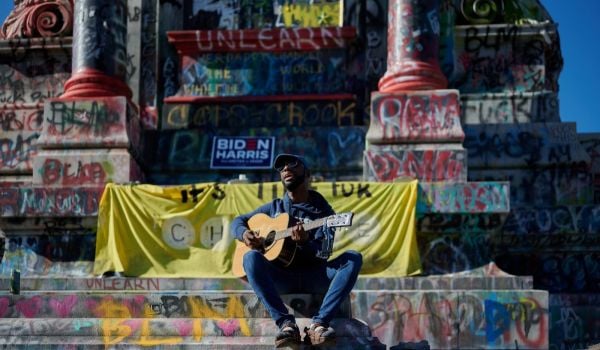

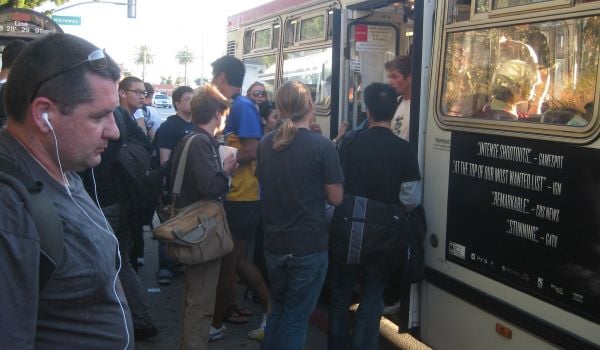
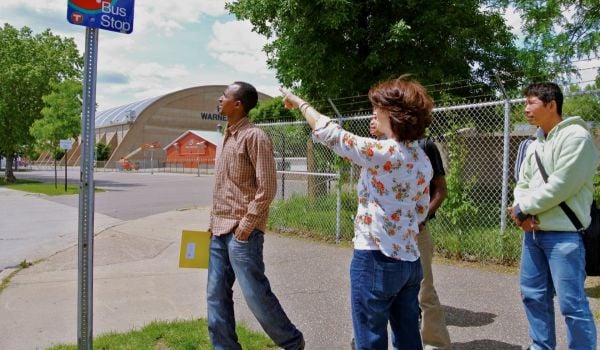
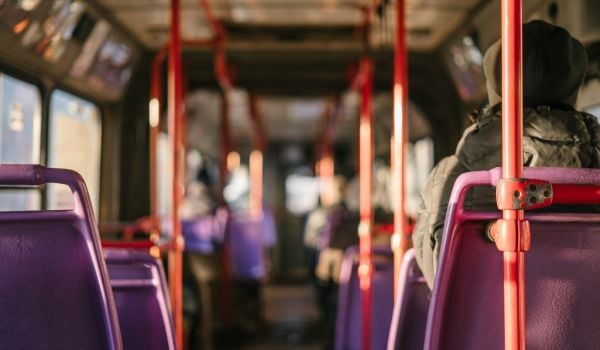
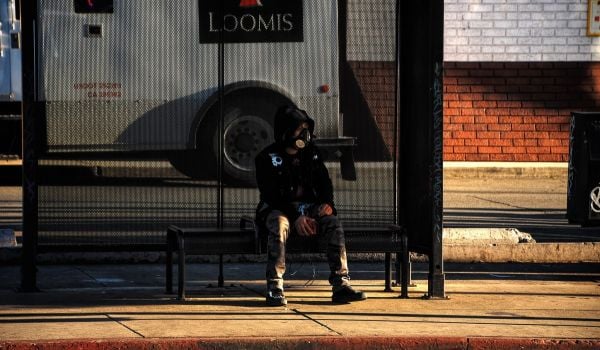
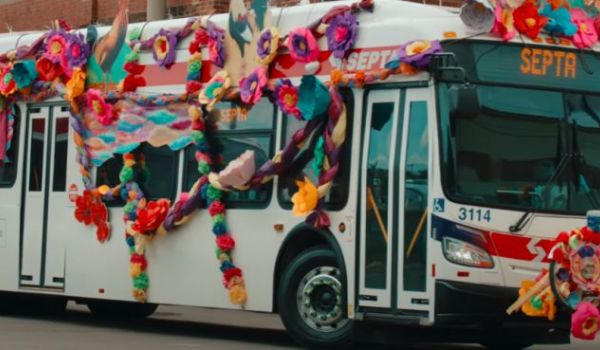







Comment posted on September 29, 2021 at 10:49 p.m.
Many good points in this article. In particular, fare collection and enforcement can be very expensive and consume a significant percentage of the revenue collected. Eliminating fares can provide substantial cost savings, thereby mitigating the lost revenue.
However, user fees (fares) can be very useful. We tend to value what we pay for. We tend not to value things that we perceive to be free. So, while we pay for streets through taxes, they appear to be free because we typically don’t pay a user fee to drive on them. This results in too much driving (particularly at rush hour) and in very disrespectful behavior such as throwing trash onto public streets. Eliminating transit fares could result in the buses becoming roaming homeless shelters - particularly during adverse weather. This would greatly detract from the ability of students and workers to feel safe and comfortable using the bus for transportation. For this reason, nominal user fees should be charged for transit.
Second, if roadway congestion is significant and transit provides a valuable service (allowing people to escape from the stress of driving), then land values near transit stops should rise. If fares are reduced or eliminated, the value of land near transit rises even higher. If fares are completely eliminated, some might assume that the primary beneficiaries are transit riders. But if landlords raise rents on apartments near transit as a result, then transit savings are simply lost to higher rents. Thus, the primary beneficiaries of free transit might be landowners who will charge premium rents near transit.
Fortunately, there is a remedy to this “No Good Deed Goes Unpunished” scenario. Some communities have reduced the property tax rate on privately-created building values while increasing the tax rate on publicly-created land values. The lower rates on buildings makes them cheaper to construct, improve and maintain. (This is good for residents AND for businesses - most of whom are also tenants.) Surprisingly, the higher rates on land values help keep land more affordable by reducing the profit from land speculation.
Because the primary beneficiaries of transit are often landowners near transit stations and stops, higher tax rates applied to land value help return transit-created land values to the public sector. And landowners pay in proportion to the benefits received.
Getting the right balance between user fees (fares) and access fees (land value return) is both an art and a science. Reducing fares (but perhaps not eliminating them) is a very laudable goal. But we must not overlook the impact of lower transit fares on rising land values and rents. If we do, we simply transfer rider payments from the transit authority to the landlord—not a very fair or efficient outcome. However, land value return is already embedded in the traditional property tax. By making land value return more robust, public infrastructure (like transit) can become more financially self-sufficient by getting landowner beneficiaries to pay their fair share for benefits received. And, if landowners pay their fair share, then fares can be reduced without any harm to the transit authorities.
For more information, see the “Resources” page at http://www.justeconomicsllc.com .